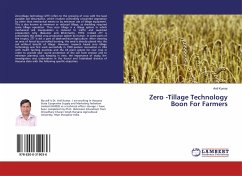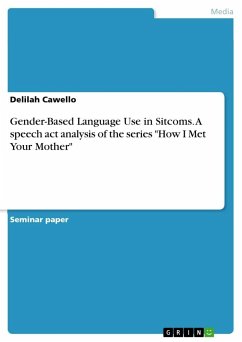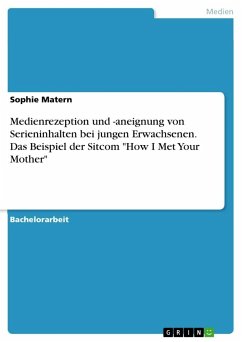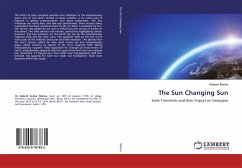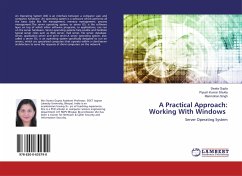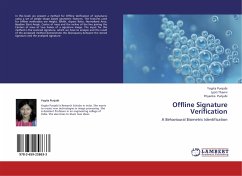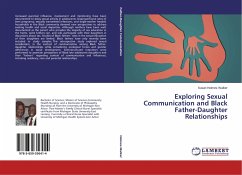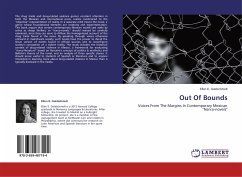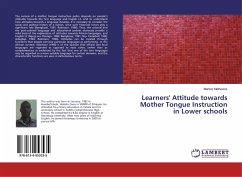
Learners' Attitude towards Mother Tongue Instruction in Lower schools
Versandkostenfrei!
Versandfertig in 6-10 Tagen
24,99 €
inkl. MwSt.

PAYBACK Punkte
12 °P sammeln!
The success of a mother tongue instruction policy depends on people's attitudes towards the first language and English L2. And to understand how attitudes towards a language develop, it is necessary to consider the social and political history of a nation, since such historical forces play a significant role (Bamgbose, 1991; Robinson, 1996). Thus, the colonial and the post-colonial language and educational policies obviously provide a solid basis of the explanation of attitudes towards African languages, and English L2 (Ngugi wa Thiongo, 1986; Bamgbose, 1991; Roy- Campbell, 1996; Adegbija, 199...
The success of a mother tongue instruction policy depends on people's attitudes towards the first language and English L2. And to understand how attitudes towards a language develop, it is necessary to consider the social and political history of a nation, since such historical forces play a significant role (Bamgbose, 1991; Robinson, 1996). Thus, the colonial and the post-colonial language and educational policies obviously provide a solid basis of the explanation of attitudes towards African languages, and English L2 (Ngugi wa Thiongo, 1986; Bamgbose, 1991; Roy- Campbell, 1996; Adegbija, 1994; Robinson, 1996). Attitudes can be created through functions that people perceive particular languages as performing. In the African context, Robinson (1996) is of the opinion that official and local languages are regarded as opposed to each other, rather than as complementary as evidenced by the fact that one of the two languages may be regarded as a more suitable language for certain domains, and the characteristic functions are seen in dichotomous terms.



